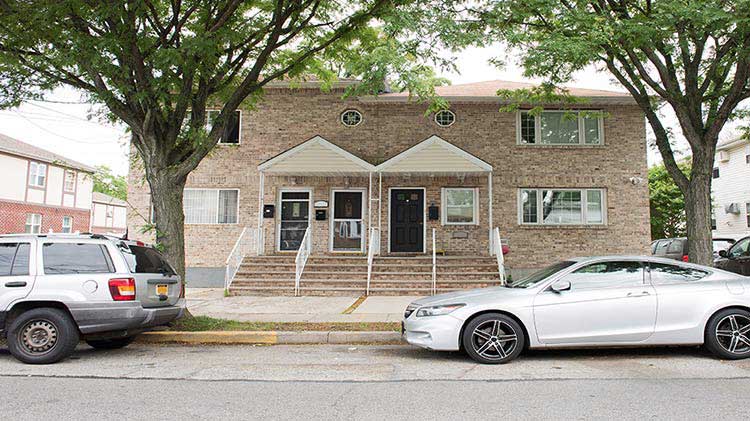Questions to ask before downsizing to a retirement community
No retiree is alike. Some people are content to spend their post-work years in their homes, following the same routine they adhered to before they retired. Others, however, may be excited by the prospect of retirement downsizing to a 55+ community, with fewer house obligations and more opportunities for care and community.
Considering moving when you retire? These five questions can help you figure out if a retirement community would work for you.
1. What level of care do you need now and in the future?
Retirement communities generally fit into a couple of categories. They may be clusters of apartments, condos or homes with shared access to various amenities. These types of facilities are designed for active people who need little to no assistance. There's another option, though: a continuing-care retirement community, where people are able to access a full continuum of care, including assisted living and skilled nursing. Residents can stay put and age in place even as their health changes.
2. Where do you want to live?
You may be reassessing whether staying in your home still works, if your grandchildren live far away or the winters are getting to be too cold. If you do have to relocate, a retirement community can offer a way to instantly connect with others. As you review possible locations, consider access to amenities such as walkable destinations, cultural venues, shops, restaurants, a doctor, a house of worship, and more.
3. What will a retirement community cost?
Similar to a condo community, a retirement community generally requires fees for certain things. How much you pay depends on location, type of retirement community, and amenities. As you consider your choice, investigate what is and isn't included in fees and under what circumstances those charges may increase. Create a checklist of your must-have and nice-to-have amenities and services. These could include fitness and aquatic centers, a movie theatre, a game room, salons and spas, a library, gardens, exercise or art classes, cultural outings, housekeeping, transportation, laundry services, and restaurant-style dining with chefs and a wait staff. If you need insight into the impact a retirement community could have on your finances, consult a financial advisor to help evaluate the retirement budget implications.
4. What type of retirement do you want?
One advantage of downsizing for a move to senior living is access to options such as group activities and events, as well as the ability to travel without worrying about home upkeep. If you have retirement plans that are mostly focused on staying at home and pursuing hobbies such as gardening and volunteering, staying in your current home may be a good fit. Some retirement communities may also have restrictions on pets or visitors, so that could factor into how daily life looks.
5. What's the reputation of the retirement community?
Research who owns and manages the community and conduct due diligence. Ask for references and contact information of current residents if available. Talk to the staff and residents, sample the food, and check out the amenities and services in action. You can also research any state licensing report on various facilities and ask to see recent inspection reports and financial records. If you're using Medicare or Medicaid, check if the facility is federally certified. Look for accreditation from The Joint Commission or Commission on Accreditation of Rehabilitation Facilities (a voluntary action that's a good sign of exceptional care).
Finding the right retirement community can take time, and there are often wait lists. It's a good idea to begin your research as early as possible.




